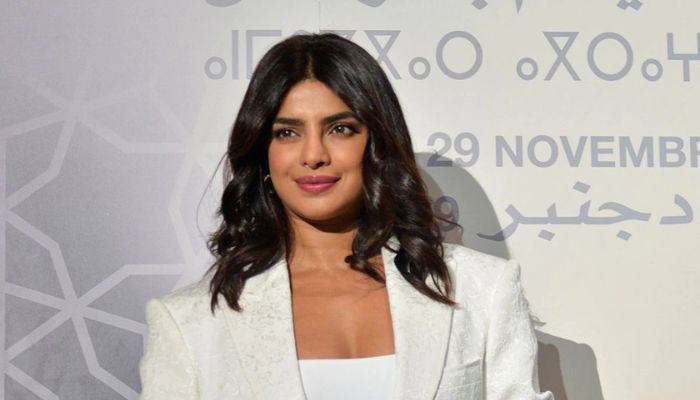
Joined Countries generosity envoy and renowned Indian entertainer Priyanka Chopra, among other Indian famous people, is confronting analysis for voicing Mahsa Amini's demise in Iran yet deciding to stay quiet on common liberties infringement against Muslims in her nation of origin, India.
Chopra, 40, who lives in the US, took to Instagram where she has more than 82 million devotees, to help the fights in Iran, hailing people for battling the public authority, requesting that supporters "remain informed and be vocal".
"To guarantee that this development will make an enduring difference, we should hear their call, comprehend the issues and afterward participate with our aggregate voices," she composed.
Irani women are protesting in support of Mahsa Amini, a 22-year-old girl who died in custody after being detained for not wearing the hijab "properly". Thousands have taken to the streets, publicly burnt their hijabs, and cut their hair, protesting against the authorities. Dozens have been reported to be killed amid the chaos.
Chopra said that she was in "awe" of the courage of these women, adding that it was "not easy to risk life, to challenge the patriarchal establishment, and fight for your rights."
The UNICEF goodwill ambassador is, however, being criticized for her "double standards", that is, not speaking for Muslim women in India, who have been attacked for wearing hijab in multiple Islamophobic incidents.
Indian journalist Rana Ayyub posted a video of a BJP MP announcing a financial boycott of Muslims to point out how celebrities speak about Iran but neglect the "fascism" at home.
"Indian celebrities speaking about Iran will look the other way through this fascism and apartheid in their home country."
A law professor and author Khalid Beydoun posted a screenshot of Chopra's post and asked her if she had "any word to say" about the conditions in India's Karnataka and its anti-hijab laws
Ashok Swain, a professor at Uppsala University, who has more than 450,000 followers on Twitter asked the same question.
Indian technology journalist Abhishek Baxi wrote: "Priyanka Chopra comes out in support of everyone except Indians."
Activist and poet Nabiya Khan said Chopra's "activism of convenience" was "pukeworthy".
Another Indian journalist Mirza Arif Beg pointed at Indian TV anchors cutting their hair in solidarity with Muslims while "working for a media house baying for Muslims’ blood".
This is not the first time Chopra has shown "selective outrage".
In 2020, she was criticized for supporting the Black Lives Matter movement in the US but not speaking a word about the minorities in India.
"Priyanka Chopra stands up for American black lives and Iranian women because doing so adds to her “woke” credentials in the US but never for Indian Muslims because doing so hurts her “nationalist” credentials in India," said a Twitter user.
The dual standards of Indian celebrities and media houses are being noticed by social media users with some leaving comments on Chopra's original post as well.
Not long ago, a study by the Islamic Council of Victoria (ICV) on Islamophobia showed that most anti-Muslim content on Twitter originates from India.
Human Rights Watch reported a surge in summary punishments of Muslims in India.
Basic freedoms bunch Pardon Worldwide likewise as of late censured the whipping of Muslim men by Indian police in the territory of Gujarat and considered it a "serious common liberties infringement" appearing to "utter irreverence towards the law".



0 Comments